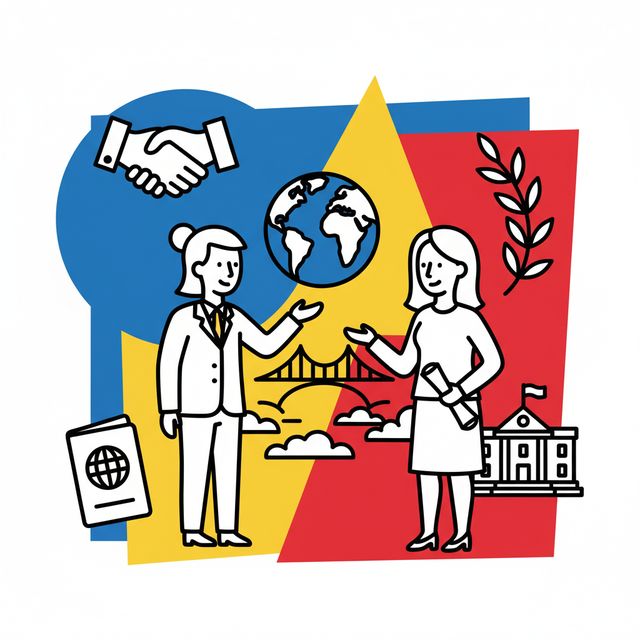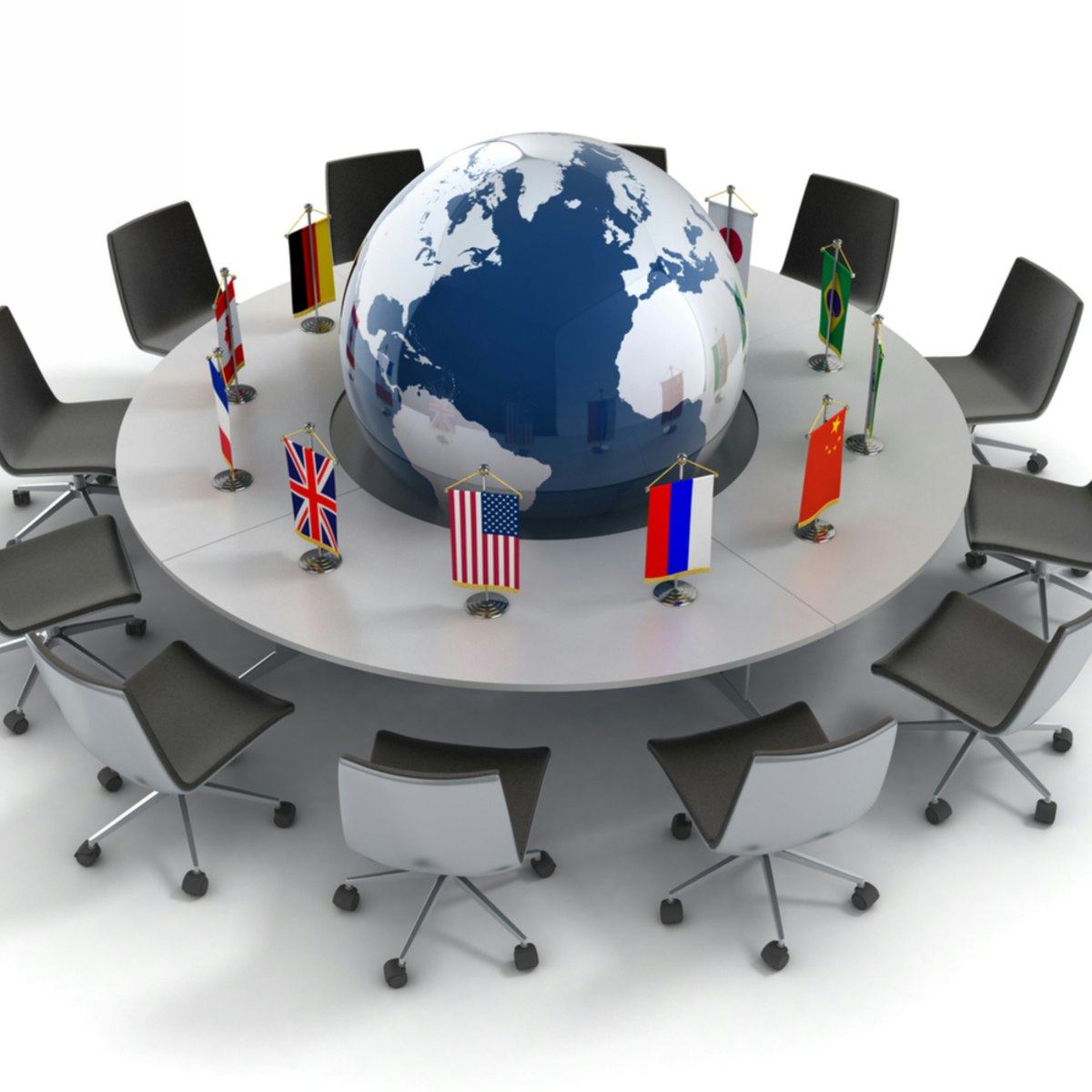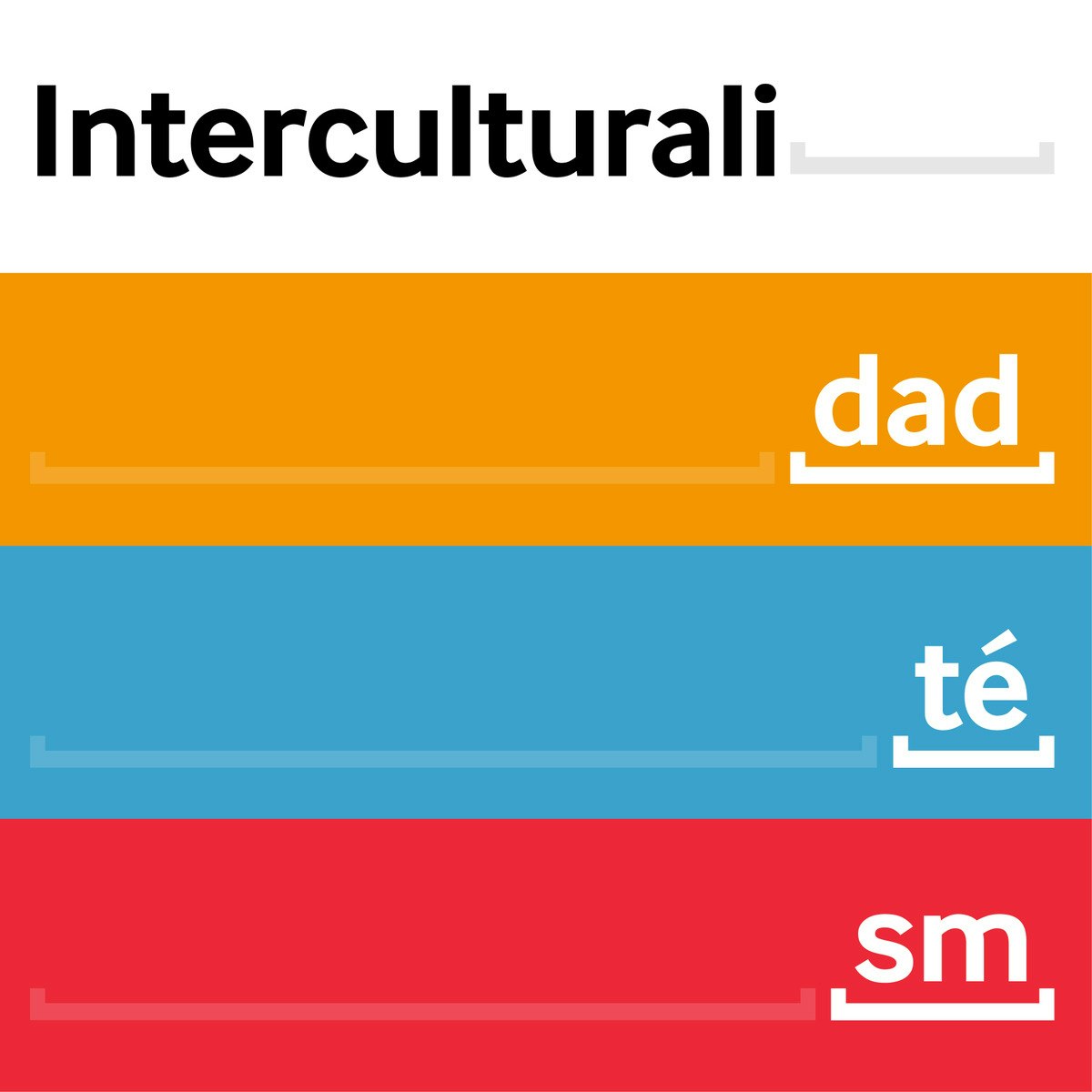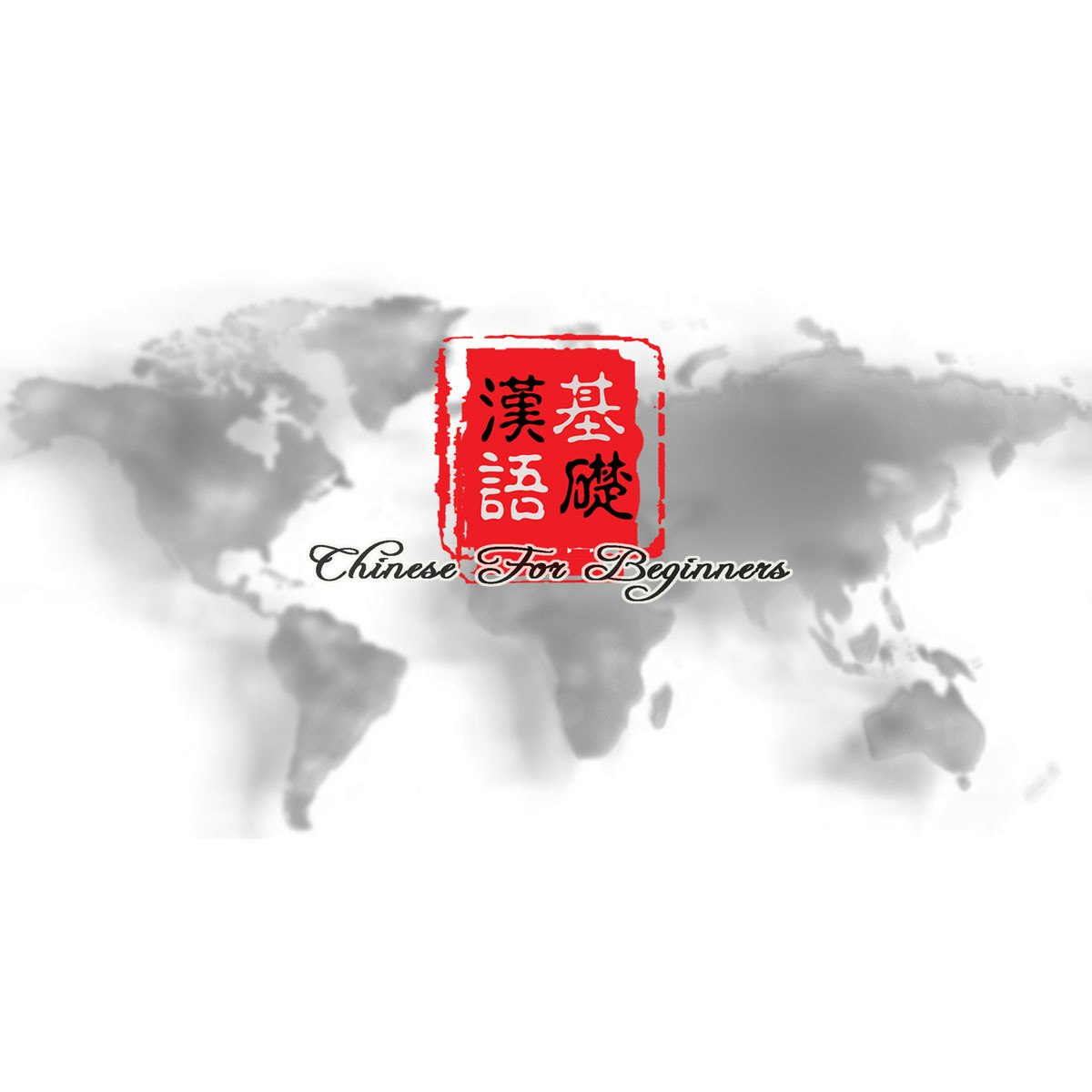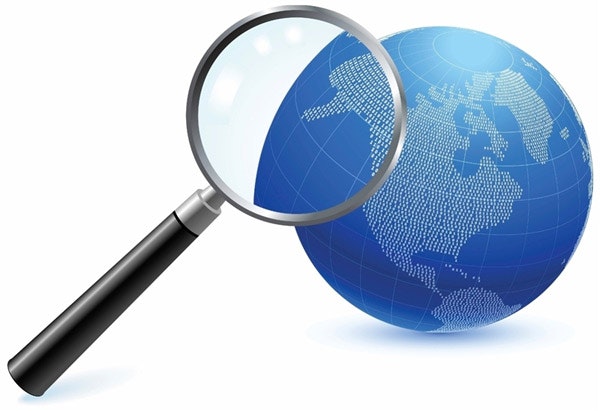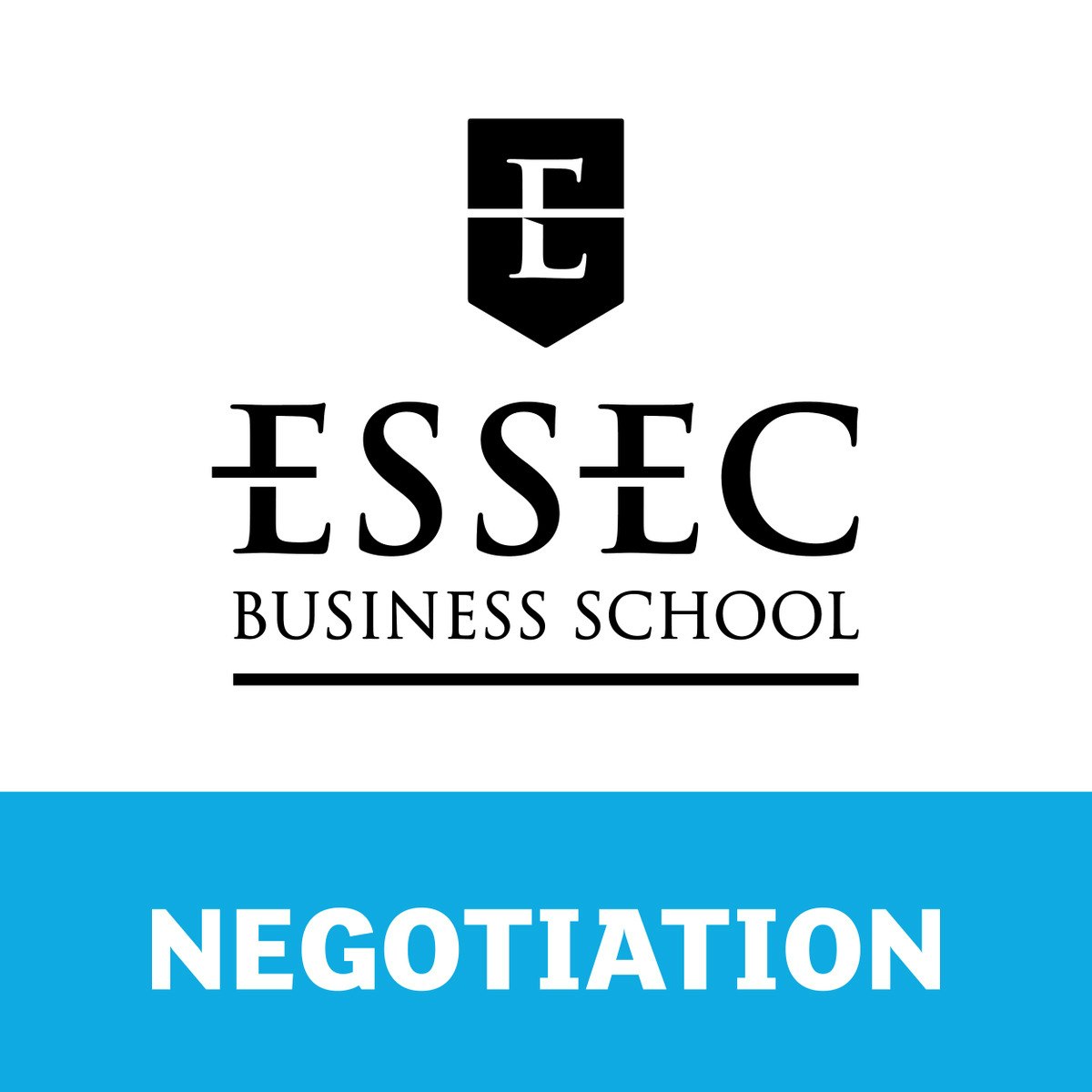Foreign Service Officer
Embarking on a Diplomatic Journey: A Career as a Foreign Service Officer
A Foreign Service Officer (FSO) represents their country's interests abroad, serving as a diplomat stationed in embassies, consulates, and other diplomatic missions around the world. These dedicated professionals are at the forefront of international relations, working to foster peaceful connections, promote national objectives, and assist citizens overseas. They are the eyes, ears, and voice of their home country on the global stage, navigating complex political, economic, and cultural landscapes.
Working as an FSO offers a unique blend of intellectual challenge, cultural immersion, and impactful service. Imagine negotiating trade agreements, analyzing political developments in a foreign capital, assisting compatriots facing emergencies abroad, or organizing cultural exchanges to build mutual understanding. The career demands adaptability, sharp analytical skills, and a deep commitment to public service, offering a path filled with diverse experiences and the opportunity to contribute directly to international affairs.
What Do Foreign Service Officers Do?
FSOs are multi-talented individuals engaged in the practice of diplomacy. Their work is diverse and shifts depending on their specific role, location, and the current global climate. They are employed primarily by governmental bodies responsible for foreign affairs, such as the U.S. Department of State or equivalent ministries in other countries.
Defining the Role and Mission
At its heart, the mission of an FSO is to promote the interests and values of their home country while maintaining positive relationships with other nations. This involves a wide range of activities aimed at advancing peace, supporting prosperity, and protecting citizens abroad. FSOs engage in diplomacy, manage foreign relations, and provide consular services.
They act as intermediaries between governments, analyze and report on foreign developments, advise policymakers, and implement foreign policy directives. Their work requires navigating intricate international laws, treaties, and customs to achieve national objectives while fostering goodwill and cooperation.
The scope of their work is inherently global, involving assignments in various countries over the course of a career. While some positions may be based domestically within the foreign affairs ministry headquarters, the majority of an FSO's career involves serving overseas, often rotating between different posts every few years.
Primary Employers and Structure
In the United States, the principal employer of FSOs is the U.S. Department of State. However, other government agencies, such as the U.S. Agency for International Development (USAID), the Department of Commerce (Foreign Commercial Service), and the Department of Agriculture (Foreign Agricultural Service), also employ Foreign Service personnel with specialized functions.
Within the State Department, FSOs typically choose one of five career tracks, each focusing on a different aspect of diplomacy:
- Consular Officers: Directly assist and protect citizens abroad, adjudicate visas and passports, and facilitate adoptions.
- Economic Officers: Analyze and report on economic trends, trade policies, energy issues, and environmental concerns in host countries.
- Management Officers: Manage the embassy or consulate's operations, including personnel, budget, security, and logistics.
- Political Officers: Analyze and report on political developments, foreign policy stances, and human rights issues in the host country.
- Public Diplomacy Officers: Engage with foreign audiences to explain national policies, promote cultural understanding, and manage educational exchange programs.
Day-to-Day Realities and Key Responsibilities
The daily life of an FSO is dynamic and unpredictable, varying significantly based on their career track, specific assignment, and the geopolitical context of their host country. While routines exist, the nature of international affairs often requires flexibility and responsiveness to emerging situations.
Diplomatic Activities and Reporting
Much of an FSO's time involves engaging with local contacts, attending meetings, and gathering information relevant to their career track. Political officers might meet with government officials or political analysts, while economic officers could interact with business leaders or trade associations. Public diplomacy officers might organize events or speak with journalists.
A crucial responsibility across all tracks is reporting back to headquarters. FSOs draft cables and reports analyzing local developments, assessing their implications for national interests, and recommending policy responses. This requires strong analytical writing skills and the ability to synthesize complex information concisely.
Representing their country at official functions, ceremonies, and meetings is another common duty. This involves adhering to diplomatic protocol and effectively communicating their government's positions and perspectives.
These foundational courses explore the theories and practices shaping global interactions and diplomatic efforts.
Crisis Management and Consular Duties
Consular officers, in particular, are on the front lines of assisting citizens abroad. This can range from routine passport renewals to handling emergencies like arrests, deaths, or natural disasters. FSOs must be prepared to provide support and guidance during challenging circumstances, often requiring quick thinking and empathy.
In times of crisis – political instability, natural disasters, or security threats – all embassy personnel may be involved in emergency response. This could include coordinating evacuations, providing emergency services to citizens, liaising with local authorities, and ensuring the safety of mission staff.
These situations demand resilience, clear communication, and the ability to perform under pressure. Crisis management training and protocols are integral parts of FSO preparation.
Cultural Representation and Engagement
FSOs serve as cultural ambassadors, representing their nation's values, society, and culture to the host country. Public Diplomacy officers specialize in this, organizing cultural events, managing exchange programs like Fulbright, and engaging with local media and civil society.
However, all FSOs contribute to cultural exchange through their daily interactions. Building relationships with local contacts, understanding cultural nuances, and demonstrating respect for local customs are essential for effective diplomacy. This requires strong intercultural communication skills and adaptability.
Developing cross-cultural competence is vital for success in the Foreign Service. These courses focus on enhancing understanding and communication across cultural divides.
Educational Foundations for Aspiring FSOs
While there isn't one single prescribed major for becoming an FSO, a strong educational background is essential. The rigorous selection process favors candidates with broad knowledge, critical thinking abilities, and excellent communication skills. Certain academic paths can provide a particularly relevant foundation.
Relevant Academic Fields
Many successful FSOs hold degrees in fields like International Relations, Political Science, Economics, History, or Regional Studies. These disciplines provide a deep understanding of global systems, political theories, economic principles, and historical contexts crucial for diplomatic work.
However, candidates from diverse academic backgrounds, including law, journalism, public administration, and even sciences or humanities, are also successful. The key is demonstrating strong analytical skills, writing proficiency, and a broad understanding of world affairs, regardless of the specific major.
Graduate degrees, such as a Master's in International Affairs, Public Policy, or a specialized regional or functional field, can be advantageous but are not strictly required. Advanced study often deepens expertise and analytical capabilities.
These courses offer insights into international relations theories, global politics, and specific regional dynamics.
Understanding the complexities of international law and economics is also beneficial for aspiring diplomats.
For those exploring the theoretical underpinnings and practical applications of diplomacy, these books offer valuable perspectives.
The Critical Role of Language Proficiency
Fluency in one or more foreign languages is highly valued and often a significant advantage in the FSO selection process. While not always a strict prerequisite for initial application (depending on the country), language skills are essential for effective communication and cultural understanding in overseas assignments.
Languages designated as critical by the employing foreign service (such as Arabic, Chinese, Russian, Farsi, Korean, etc., for the U.S. State Department) can provide a competitive edge. Proficiency is typically tested during the selection process, and bonus points may be awarded.
Even if you don't start with fluency, a demonstrated aptitude for language learning is important. Foreign services often provide intensive language training before or during assignments, but starting your language journey early through university courses, self-study, or immersion is highly recommended.
Online courses offer accessible ways to begin or advance your language studies. OpenCourser features a wide selection of language courses across various platforms.
These books can supplement formal language study, particularly for specific cultural contexts or commonly used languages in diplomacy.
Value of International Experience
Living, working, or studying abroad demonstrates adaptability, cross-cultural communication skills, and a genuine interest in international affairs. Experiences like study abroad programs, international internships, volunteer work (e.g., Peace Corps), or professional roles overseas significantly strengthen an FSO application.
These experiences provide firsthand exposure to different cultures, political systems, and ways of life. They help develop resilience, problem-solving skills in unfamiliar environments, and a deeper understanding of global interconnectedness – all essential qualities for an FSO.
Even short-term travel, if approached with curiosity and a desire to learn, can contribute. Seek opportunities that push you outside your comfort zone and require engagement with local communities and customs.
Alternative Routes and Skill Enhancement
While a traditional academic path focused on international affairs is common, it's not the only way to prepare for a Foreign Service career. Diverse professional experiences and targeted skill development can also pave the way, particularly for those considering a career change.
Leveraging Professional Backgrounds
Experience in fields such as international business, law, journalism, non-profit management, education, or the military can provide valuable transferable skills. For instance, negotiating business deals hones skills relevant to economic diplomacy, while investigative journalism develops analytical and reporting abilities useful for political officers.
Highlight experiences involving cross-cultural interaction, project management, complex problem-solving, and communication. Frame your existing expertise in terms of its relevance to the demands of diplomatic work and the specific FSO career track you are interested in.
Even if your background seems unrelated at first glance, focus on the core competencies required: judgment, communication, leadership, and interpersonal skills. Demonstrating these effectively through your past experiences is key.
Immersion and Simulation
Beyond formal education, practical experiences that simulate diplomatic work or immerse you in relevant environments are highly beneficial. Language immersion programs, whether abroad or intensive domestic courses, rapidly advance fluency and cultural understanding.
Participating in activities like Model United Nations (MUN) conferences provides hands-on experience in negotiation, public speaking, resolution drafting, and understanding international procedures. Similar simulations focusing on diplomatic case studies or crisis management also offer valuable practice.
Workshops focused on cross-cultural communication, negotiation strategies, or protocol can further refine essential diplomatic skills. Seek opportunities to engage in these types of practical learning experiences.
These courses offer opportunities to engage with simulated diplomatic scenarios and enhance communication skills.
The Rigorous Path to Becoming an FSO
Entering the Foreign Service is renowned for being exceptionally competitive and demanding. The selection process is multi-staged, designed to identify candidates with the specific knowledge, skills, and personal attributes needed for diplomatic work. Understanding this process early is crucial for effective preparation.
The Foreign Service Officer Test (FSOT)
For many countries, including the U.S., the first major hurdle is a written examination, such as the FSOT. This comprehensive test typically assesses knowledge in areas like U.S. government and history, world history, economics, geography, culture, management principles, and communication.
It often includes sections evaluating English expression and situational judgment. Preparation involves broad reading, staying current on world events, and potentially utilizing study guides or practice tests. Success requires not just specific knowledge but also strong analytical and reasoning abilities.
Qualifications Evaluation Panel (QEP)
Candidates who pass the initial written test often proceed to a stage where their application materials, including personal narratives or essays, are reviewed by a panel. This Qualifications Evaluation Panel (QEP) assesses candidates based on core precepts or dimensions deemed essential for FSO work (e.g., leadership, judgment, communication, objectivity, composure).
Crafting compelling personal narratives that demonstrate these qualities through concrete examples from your education, work, and life experiences is critical at this stage. It's about showcasing your potential to succeed as a diplomat.
The Oral Assessment
Perhaps the most challenging stage is the Oral Assessment (OA), often a day-long series of exercises simulating diplomatic work. This typically includes a group exercise, a structured interview, and a case management exercise.
Assessors evaluate candidates' abilities in areas like oral communication, teamwork, problem-solving, leadership, composure under pressure, and cross-cultural sensitivity. Preparation involves practicing these skills, understanding diplomatic scenarios, and being able to articulate reasoned arguments and solutions.
Clearances and Final Review
Candidates who successfully pass the OA must then undergo rigorous medical and security clearances. This involves thorough background investigations checking personal history, character, loyalty, reliability, and suitability for handling classified information and representing the country abroad.
Finally, successful candidates are placed on a rank-ordered register based on their scores and career track preference. Offers of employment are made from this register as positions become available, considering the needs of the service. The entire process, from taking the FSOT to receiving an offer, can take a year or significantly longer.
Career Trajectory and Advancement
A career in the Foreign Service follows a structured path, typically involving regular rotations between overseas posts and domestic assignments, along with opportunities for promotion and specialization. Advancement is based on performance, potential, and the needs of the service.
From Entry-Level to Senior Ranks
New FSOs usually enter at junior levels and undergo initial training. Early assignments, often lasting two years each, provide broad exposure, frequently including consular work regardless of the chosen career track. This builds foundational skills and understanding of core diplomatic functions.
As officers gain experience, they take on increasing responsibility. Mid-level officers might lead sections within an embassy (e.g., Deputy Political Counselor, Consular Section Chief) or manage specific portfolios. Promotion depends on factors like performance evaluations, potential for higher responsibility, language proficiency, and willingness to serve in challenging posts.
Senior FSOs can rise to positions like Deputy Chief of Mission (the ambassador's second-in-command), Consul General (head of a consulate), or Assistant Secretary in a domestic bureau. The highest rank attainable for career FSOs is often Career Ambassador or equivalent.
Specialization and Post-FSO Opportunities
While FSOs maintain broad diplomatic skills, opportunities exist for specialization based on region (e.g., East Asia expert, Middle East specialist) or function (e.g., counter-terrorism, economic development, public affairs). This often involves targeted training and assignments.
After retiring from the Foreign Service, many FSOs leverage their extensive international experience, cross-cultural skills, and policy expertise in second careers. Common paths include roles in international business consulting, academia (teaching international relations), non-profit organizations focused on global issues, or think tanks.
A career as an FSO can open doors to various related fields that value deep international understanding and diplomatic acumen.
Navigating the Lifestyle: Challenges and Rewards
The Foreign Service offers unparalleled opportunities for adventure, cultural immersion, and meaningful work. However, it also presents unique lifestyle challenges that potential candidates and their families must carefully consider. Honesty about these difficulties is crucial for making an informed decision.
Mobility and Family Impact
Perhaps the defining characteristic of FSO life is frequent relocation. Officers typically move to a new country every two to four years. While exciting, this constant mobility can be disruptive for personal routines, long-term relationships, and especially for families.
Spouses or partners often face challenges finding fulfilling employment in each new location ("trailing spouse" syndrome), potentially impacting their own career trajectory. Children must adapt to new schools, cultures, and friendships repeatedly. Maintaining stability and support networks requires significant effort and resilience from the entire family.
Resources and support systems exist within the Foreign Service community, but the inherent challenges of a mobile lifestyle remain a primary consideration.
Security and Health Considerations
Depending on the assignment, FSOs may serve in locations with significant security risks due to political instability, crime, or terrorism. Embassies and consulates have security protocols, but awareness and adherence to safety guidelines are paramount. Some posts are designated as hardship or danger posts, offering additional compensation but reflecting higher risks.
Access to healthcare can vary dramatically depending on the country. While the Foreign Service provides health plans and support, officers and families may encounter different standards of medical care or need to travel for specialized treatment. Mental health support is increasingly recognized as vital, given the stresses of relocation, cultural adjustment, and potentially high-risk environments.
The Rewards of Service
Despite the challenges, the rewards of a Foreign Service career are substantial for those suited to it. The opportunity to live in diverse cultures, learn new languages, and engage directly with global issues is a unique draw. FSOs often find deep satisfaction in serving their country and contributing to international understanding and cooperation.
The work itself is intellectually stimulating, requiring constant learning and adaptation. The Foreign Service community often forms a tight-knit support network, fostering camaraderie among those sharing similar experiences. For individuals passionate about international affairs and public service, the FSO path offers a deeply meaningful, albeit demanding, life.
Cultivating Essential Diplomatic Skills
Success as a Foreign Service Officer hinges on a specific set of skills beyond academic knowledge. These competencies allow FSOs to navigate complex international environments, build relationships, and effectively represent their country's interests. Continuous development of these skills is crucial throughout an FSO's career.
Negotiation and Conflict Resolution
Diplomacy often involves navigating disagreements and finding common ground. FSOs must be skilled negotiators, able to articulate their positions clearly, understand counterparts' perspectives, identify potential compromises, and work towards mutually acceptable solutions. This requires patience, strategic thinking, and strong interpersonal skills.
Conflict resolution skills are equally important, whether mediating disputes involving citizens abroad or contributing to larger peace processes. Understanding conflict dynamics and employing effective resolution techniques are vital diplomatic tools.
Cultural Intelligence (CQ)
Operating effectively across diverse cultural contexts requires more than just language skills; it demands Cultural Intelligence (CQ). This involves understanding how culture shapes perspectives and behaviors, being aware of one's own cultural biases, and adapting communication and behavior appropriately.
High CQ enables FSOs to build trust, avoid misunderstandings, and interpret situations accurately in different cultural settings. It's developed through experience, conscious learning, and a genuine curiosity about other cultures.
Mastering communication across cultures is a core diplomatic skill. These courses delve into the nuances of intercultural interactions.
Protocol, Etiquette, and Communication
Diplomatic protocol and etiquette govern interactions in formal international settings. Understanding these rules – from proper forms of address and seating arrangements to flag displays and gift-giving customs – is essential for showing respect and avoiding diplomatic incidents.
Mastery of communication, both written and oral, is fundamental. FSOs must write clear, concise, and analytical reports. They need strong public speaking skills for presentations and briefings, and excellent interpersonal communication abilities for building rapport and conveying information effectively in diverse settings, including during crises.
Ethical Considerations in Diplomacy
The practice of diplomacy inherently involves navigating complex ethical terrain. Foreign Service Officers frequently encounter situations where competing interests, values, and priorities must be carefully weighed. Maintaining ethical conduct is paramount to upholding the integrity of the service and the country they represent.
Balancing Interests and Values
FSOs must represent their nation's interests, but these may sometimes conflict with broader global concerns or the interests of the host country. Balancing national security objectives with human rights promotion, or economic goals with environmental protection, often presents ethical dilemmas requiring careful judgment.
Adhering to principles of objectivity, fairness, and honesty is crucial, even when facing pressure or difficult choices. Foreign services typically have codes of ethics and conduct to guide officers, but real-world situations often demand nuanced application of these principles.
Cultural Relativism vs. Universal Values
Working across diverse cultures exposes FSOs to different norms and values. While cultural sensitivity is essential, FSOs must also uphold their country's core values, which may include commitments to democracy, human rights, and the rule of law. Determining when to respect local customs and when to advocate for universal principles can be challenging.
Situations involving corruption, discrimination, or violations of international law require careful navigation, balancing diplomatic imperatives with ethical obligations. Understanding different ethical frameworks and historical precedents helps inform decision-making in these complex scenarios.
The Evolving Landscape: Trends Shaping the Foreign Service
The world of diplomacy is not static. Global trends continuously reshape the environment in which Foreign Service Officers operate, requiring new skills, approaches, and areas of focus. Staying abreast of these changes is vital for effective foreign policy implementation.
Digital Diplomacy and Cybersecurity
The rise of digital technologies has profoundly impacted diplomacy. FSOs increasingly use social media and online platforms for public diplomacy, engaging directly with foreign audiences (digital diplomacy). Simultaneously, cybersecurity threats against diplomatic communications and infrastructure have become major concerns, requiring new expertise within foreign services.
Understanding the digital landscape, countering disinformation, and protecting sensitive information are now critical aspects of diplomatic work. The intersection of technology and international relations is a rapidly growing field.
Global Challenges: Climate, Health, and Power Shifts
Transnational issues like climate change, pandemics, and migration demand international cooperation and feature prominently on diplomatic agendas. FSOs are increasingly involved in negotiations and collaborations related to these complex global challenges.
Shifting global power dynamics, including the rise of new economic and political actors, constantly alter the geopolitical landscape. FSOs must analyze these shifts and adapt strategies to navigate a multipolar world effectively. According to analysts at institutions like the Brookings Institution, navigating this complex environment requires sophisticated analysis and adaptable diplomatic approaches.
The influence of artificial intelligence (AI) on communication, analysis, and even potential autonomous systems presents both opportunities and challenges for future diplomatic practices.
These courses and books delve into the forces shaping the modern world order and the tools used to navigate it.
Frequently Asked Questions about the FSO Career
Navigating the path to becoming a Foreign Service Officer often raises many practical questions. Here are answers to some common inquiries.
How competitive is the FSO selection process?
Extremely competitive. For instance, the U.S. Department of State receives tens of thousands of applications each year for only a few hundred positions. Success rates at each stage (FSOT, QEP, OA) are low. Preparation, persistence, and a strong alignment with the required competencies are essential.
Can non-citizens become FSOs?
Generally, no. Foreign Service positions typically require citizenship of the country being represented due to the nature of the work involving national interests and security clearances. Specific requirements should always be verified with the respective country's foreign affairs ministry.
What is a typical timeline for postings?
Assignments (postings) usually last two to four years. FSOs bid on available positions based on their rank, specialization, and preferences, balanced against the needs of the service. Rotation between overseas and domestic assignments is common throughout a career.
What are the salary ranges and benefits?
Salary varies by country, rank, and experience. In the U.S., FSO salaries are based on a specific Foreign Service pay scale, increasing with rank and time in service. Benefits are typically comprehensive, including health insurance, retirement plans, housing allowances or government-provided housing overseas, educational allowances for children, and potentially hardship or danger pay for certain posts. Official sources like the U.S. Department of State careers site provide specific details.
Are there age limitations for entry?
This varies by country. For the U.S. Foreign Service, applicants must generally be appointed before their 60th birthday (with some exceptions for veterans). Check the specific requirements of the foreign service you are interested in.
What does the security clearance process involve?
It involves a thorough background investigation covering personal history, finances, employment, education, relationships, and foreign contacts. Investigators conduct interviews with references, verify information, and assess suitability for handling classified information and representing the country. Honesty and transparency throughout the process are critical.
Explore Further on OpenCourser
Preparing for a career as demanding as a Foreign Service Officer requires continuous learning and skill development. OpenCourser provides a vast catalog of online courses and books to build your knowledge base.
Whether you need to strengthen your understanding of International Studies, master a critical Language, or develop your Communication Studies skills, you can easily search and compare options. Use the "Save to list" feature to curate your learning path and consult the Learner's Guide for tips on maximizing your online learning experience.
Embarking on the path toward becoming a Foreign Service Officer requires significant dedication and a realistic understanding of its demands and rewards. It is a career that promises unique challenges and unparalleled opportunities for those committed to serving their country on the global stage, fostering international understanding, and navigating the complexities of our interconnected world. Careful preparation, continuous learning, and personal resilience are key ingredients for success in this esteemed profession.

